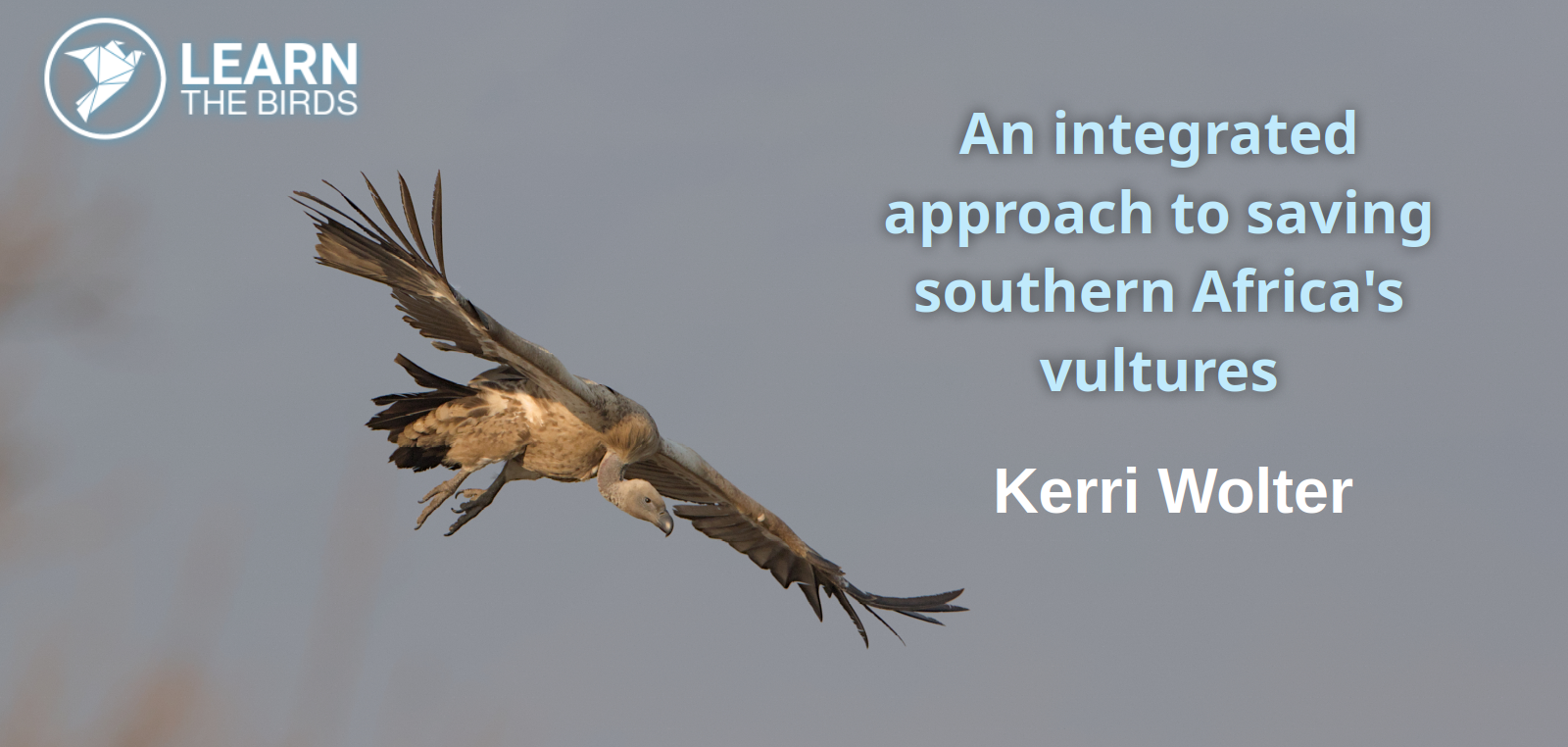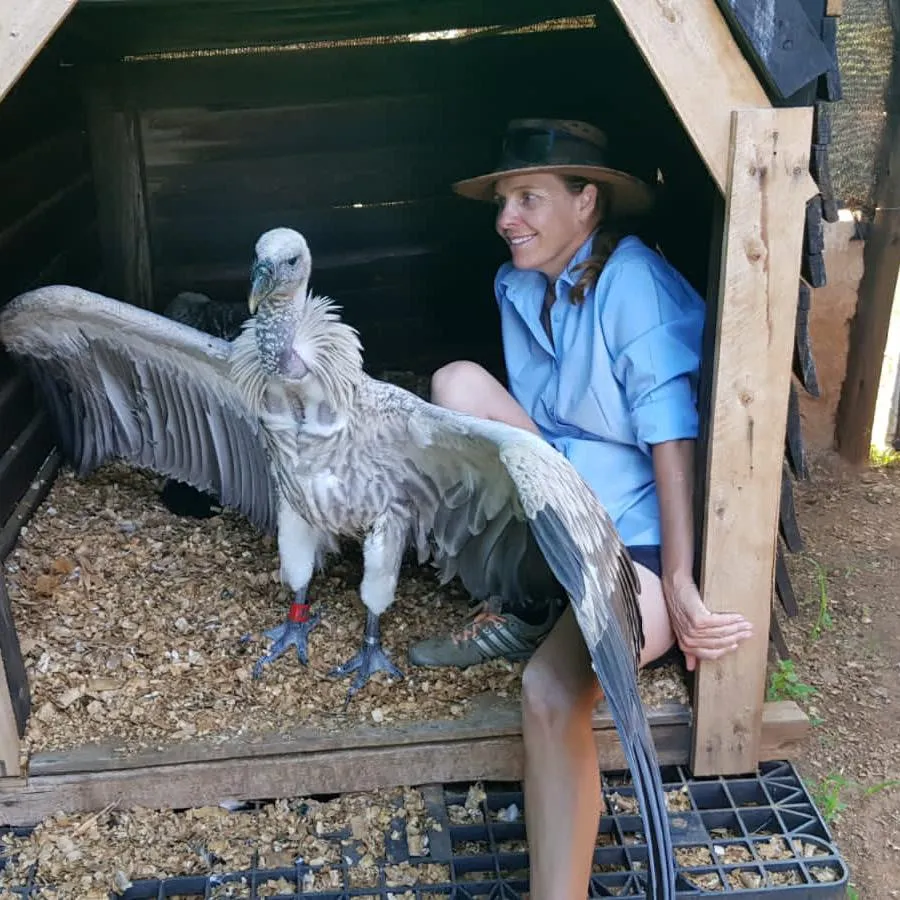
An integrated approach to saving southern Africa’s vultures
VulPro approaches conservation holistically through in-situ and ex-situ management strategies. VulPro began as a rehabilitation facility, recognizing that each individual bird carries significant importance for the continuation of the species. Rehabilitation continues as one of VulPro’s key efforts, with all released individuals now contributing to research with coloured leg bands and/or tracking devices. Non-releasable vultures form part of VulPro’s captive breeding program, where offspring contribute to release studies. We monitor many of our released birds’ survival and foraging movements through GPS transmitters. These data bring critical understanding of movement patterns and behaviours e.g. habitats of high use such as breeding and roosting sites. We monitor wild populations annually at breeding sites and maintain a re-sighting database through camera traps, photographs and public sightings. This information helps us track wild populations, rehabilitated, and ex-captive bred individuals past the point of transmitter failure.
Our presence in the field has increased local landowner engagement, ultimately improving awareness of African vultures’ plight. Our efforts highlight anthropomorphic changes in the environment and enable us to recognize threats and install appropriate mitigation. The interface between the in-situ and ex-situ facets has engaged scientific and veterinary research, including but not limited to diseases, threats, and toxicology. VulPro’s holistic, scientific conservation work is ground-breaking and showcases how each bird plays a role in saving wild populations.
We have released over 80 captive bred vultures into the wild and over 1600 rehabilitated vultures over the past 17 years. Our efforts have documented a 75% survival rate from our released rehabilitated vultures, with many successes but also some failures from our captive bred released vultures. We strive to always improve our methods and aim to expand into other countries where vultures have become scarce or no longer breed. We must ensure that vultures will not be forgotten, as it is significantly harder to re-introduce a species than to translocate individuals to supplement an in-situ population, however small it may be.
Additional Details
Webinar link - https://us06web.zoom.us/j/88563420285?pwd=EUg4v3SZTcb5Zs6U9MM6aBEWFOA3wh.1
Meeting ID - 885 6342 0285
Passcode - 450831
Event platform - zoom
